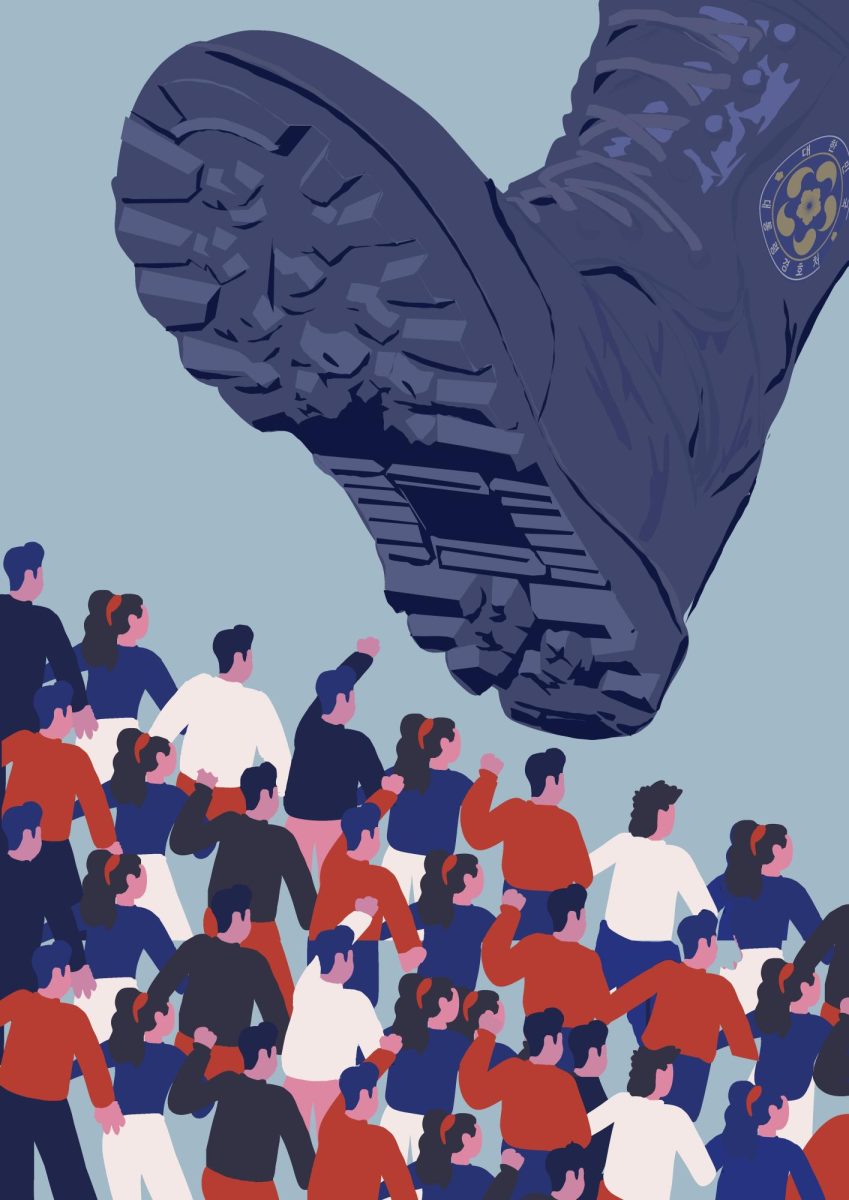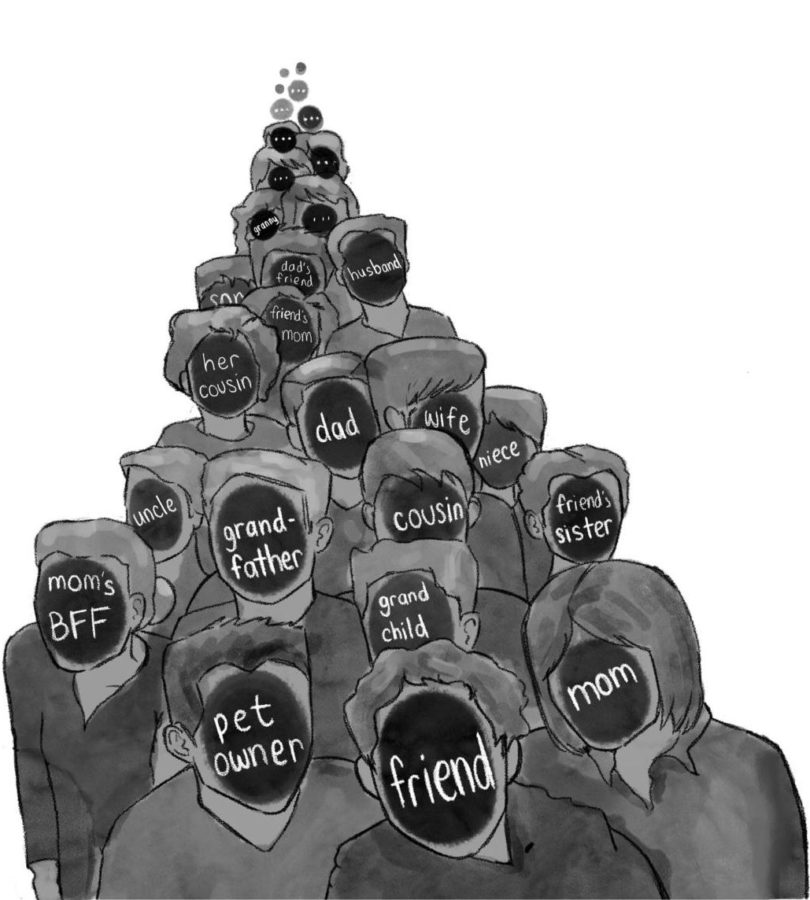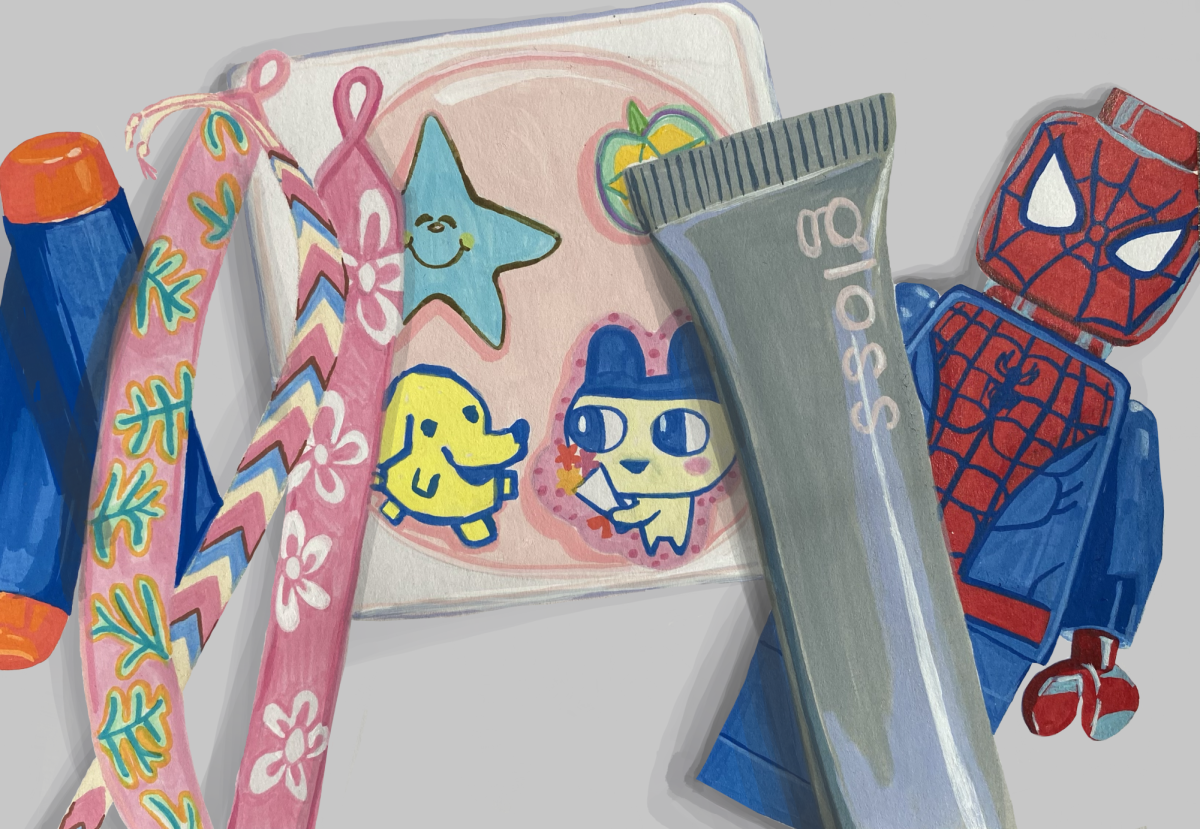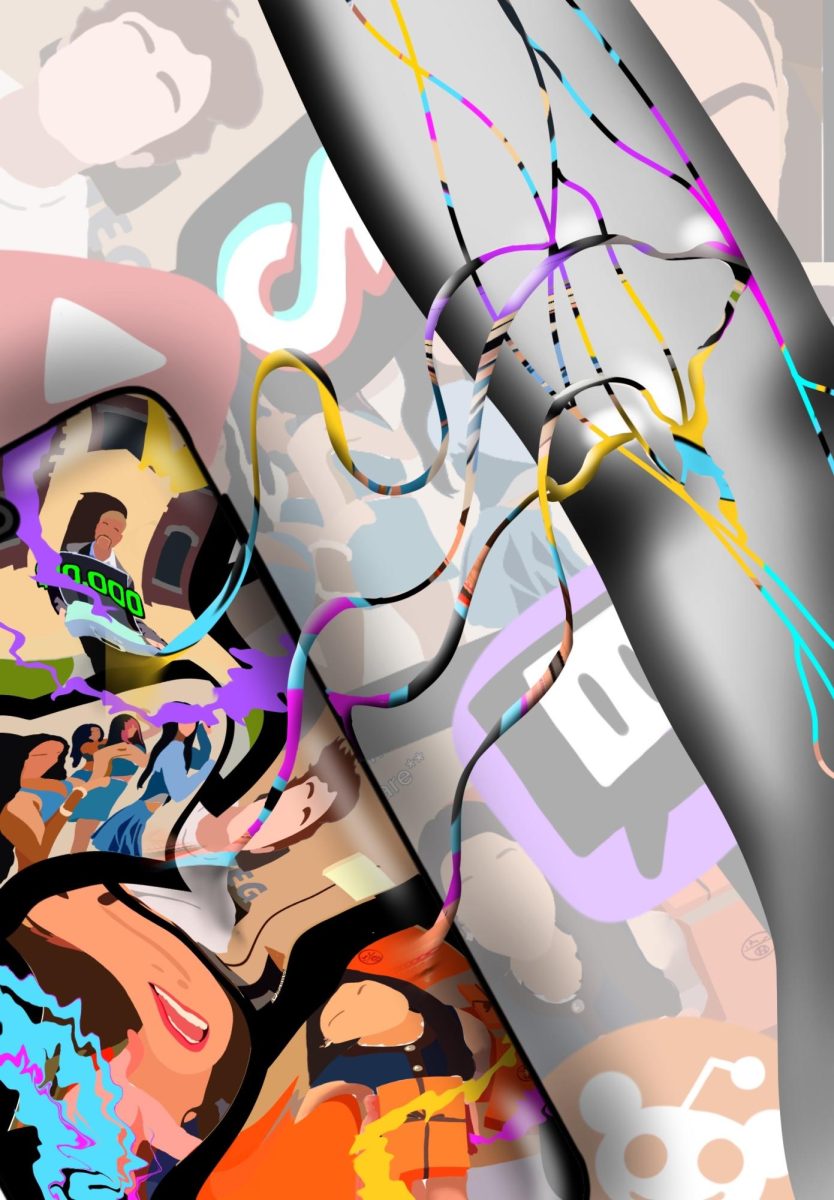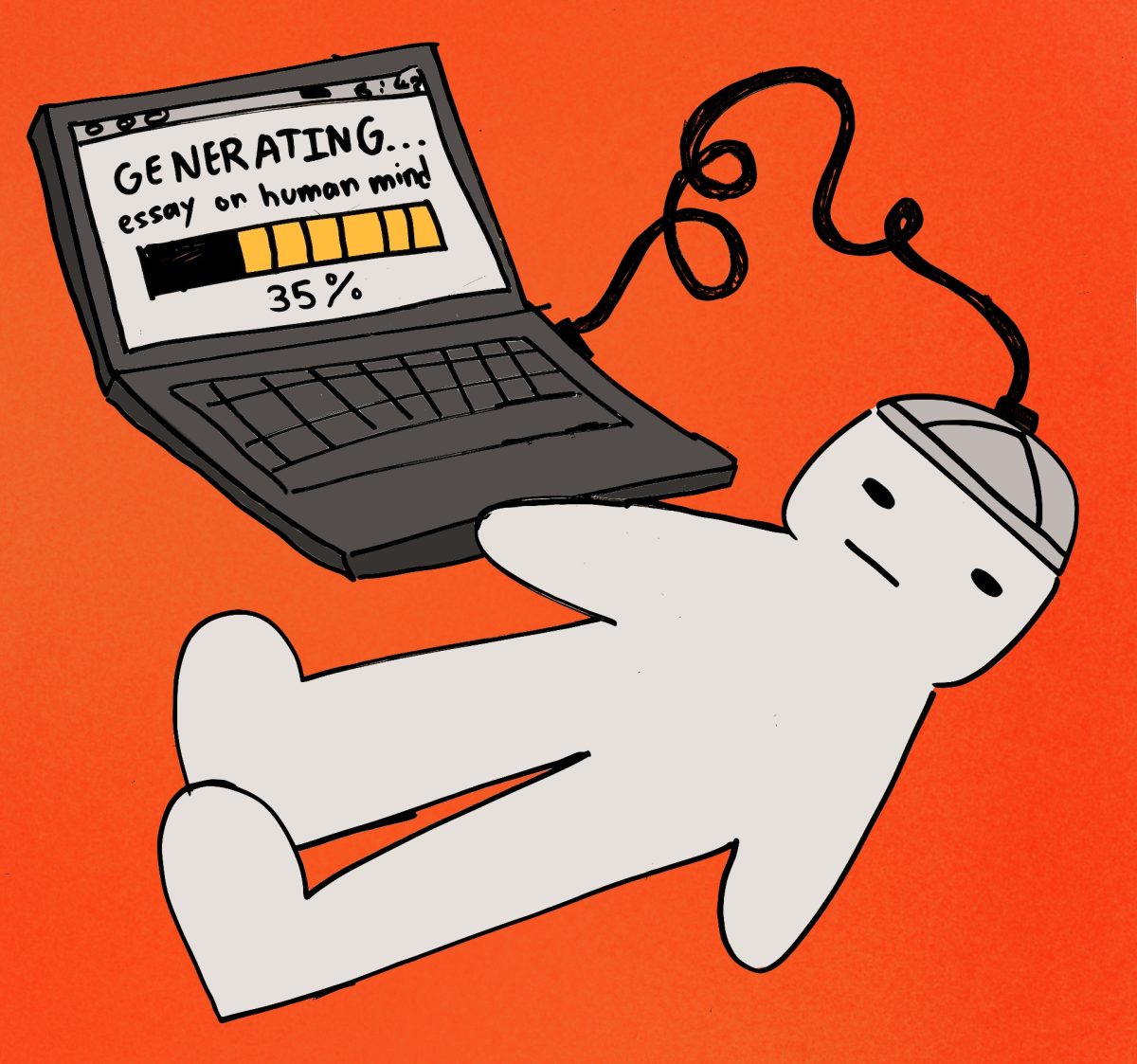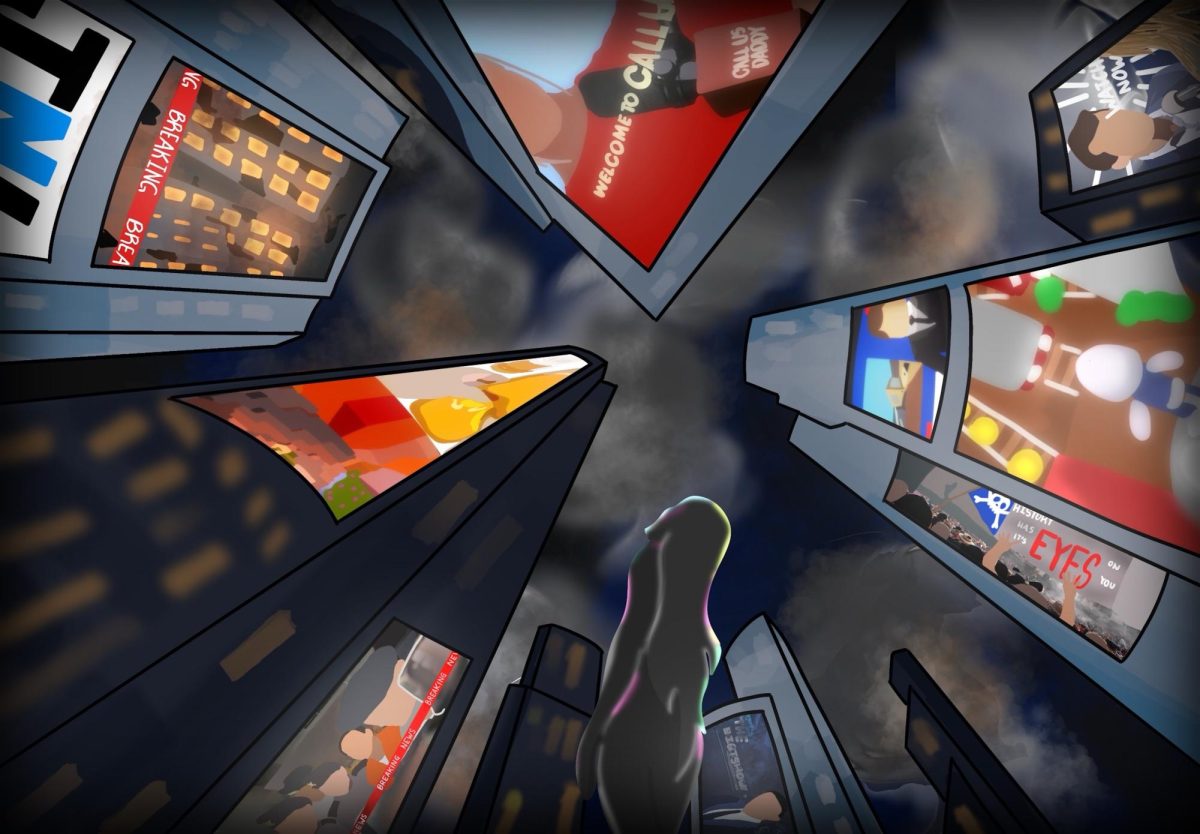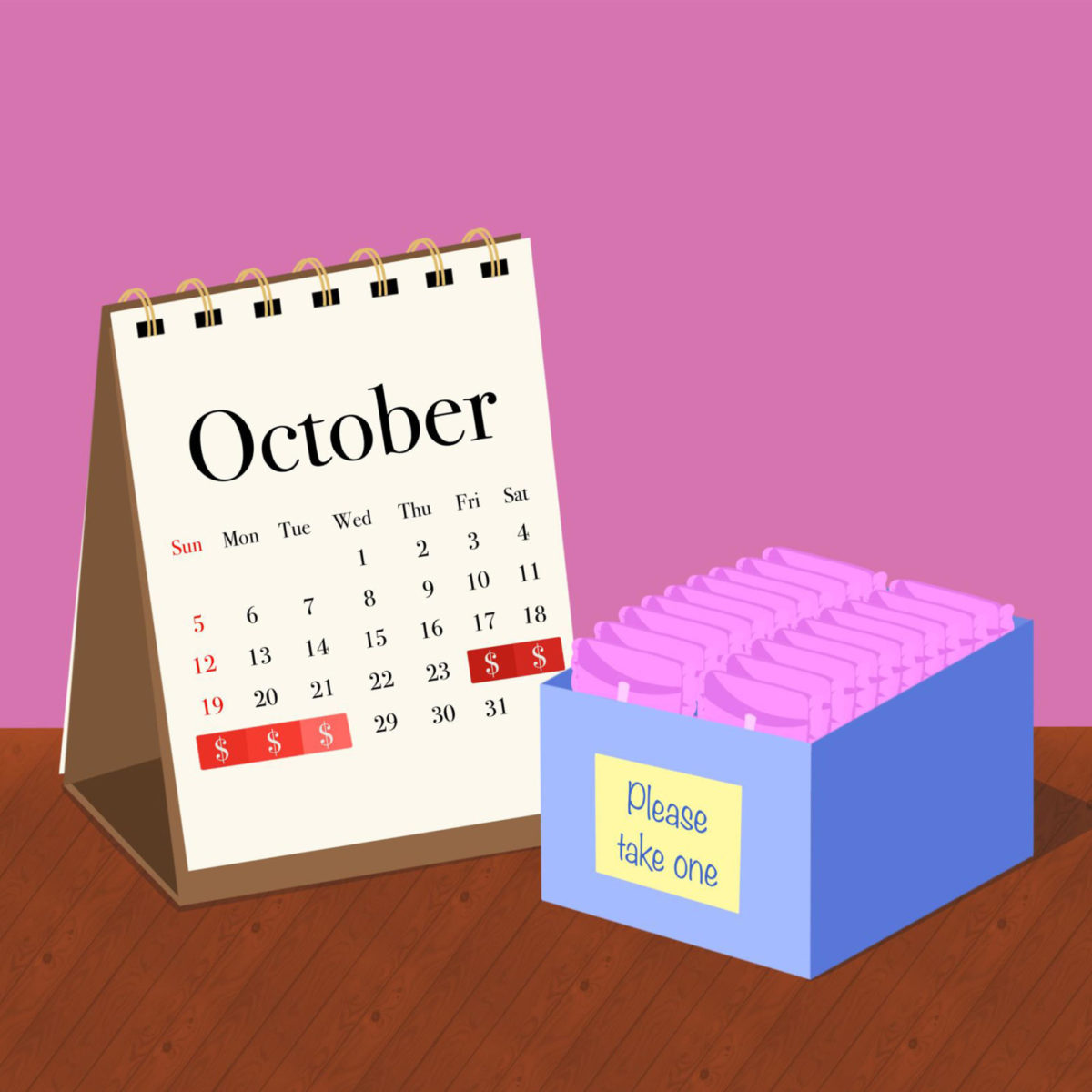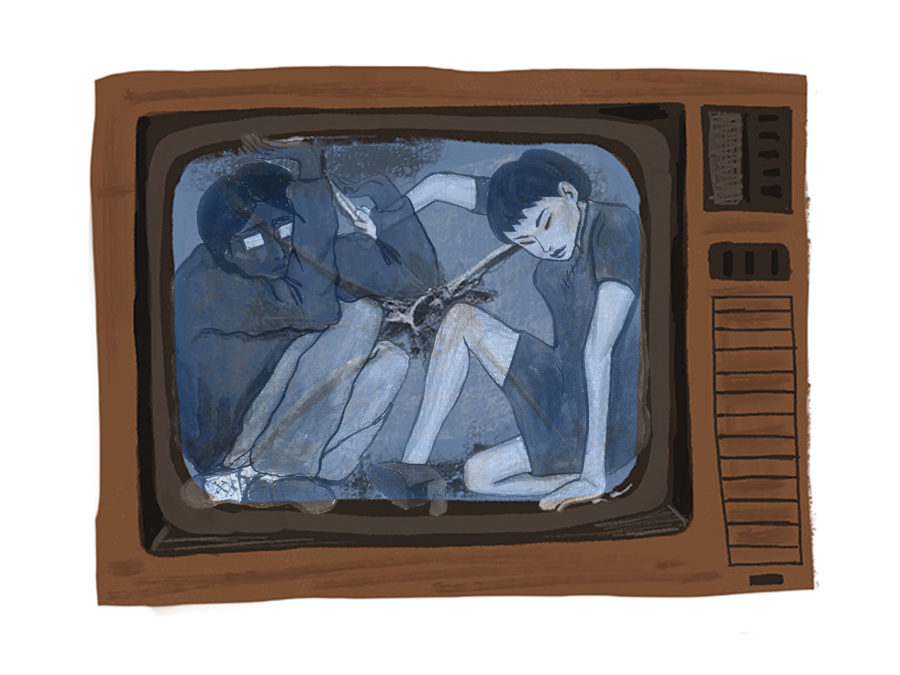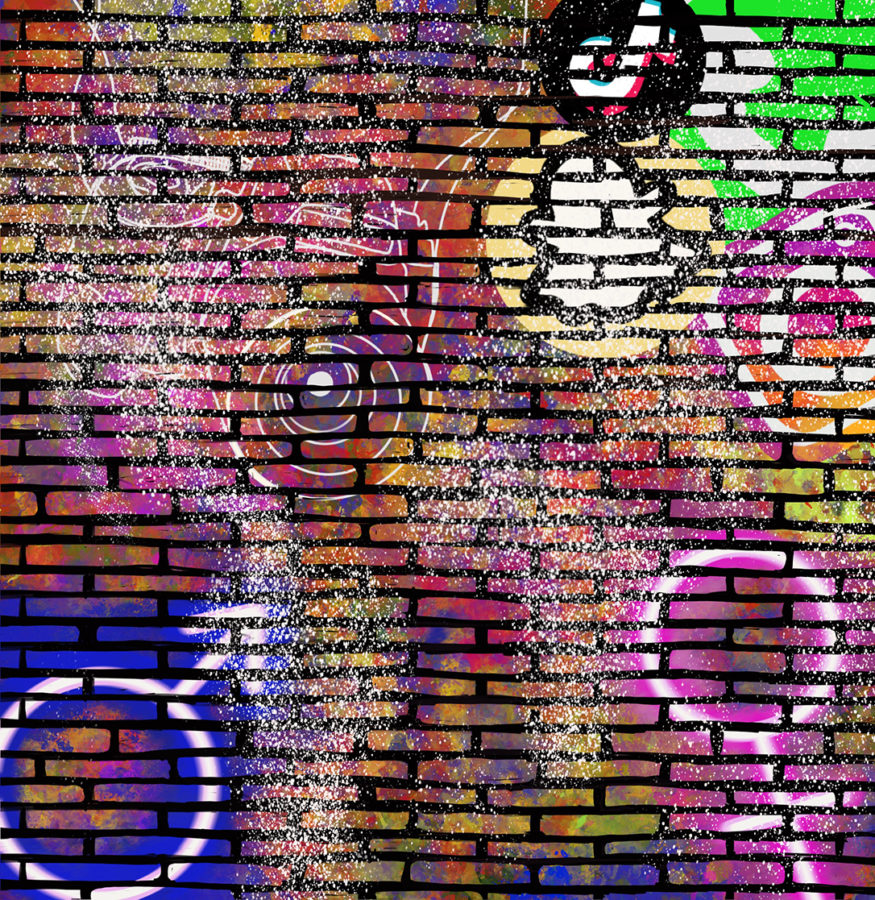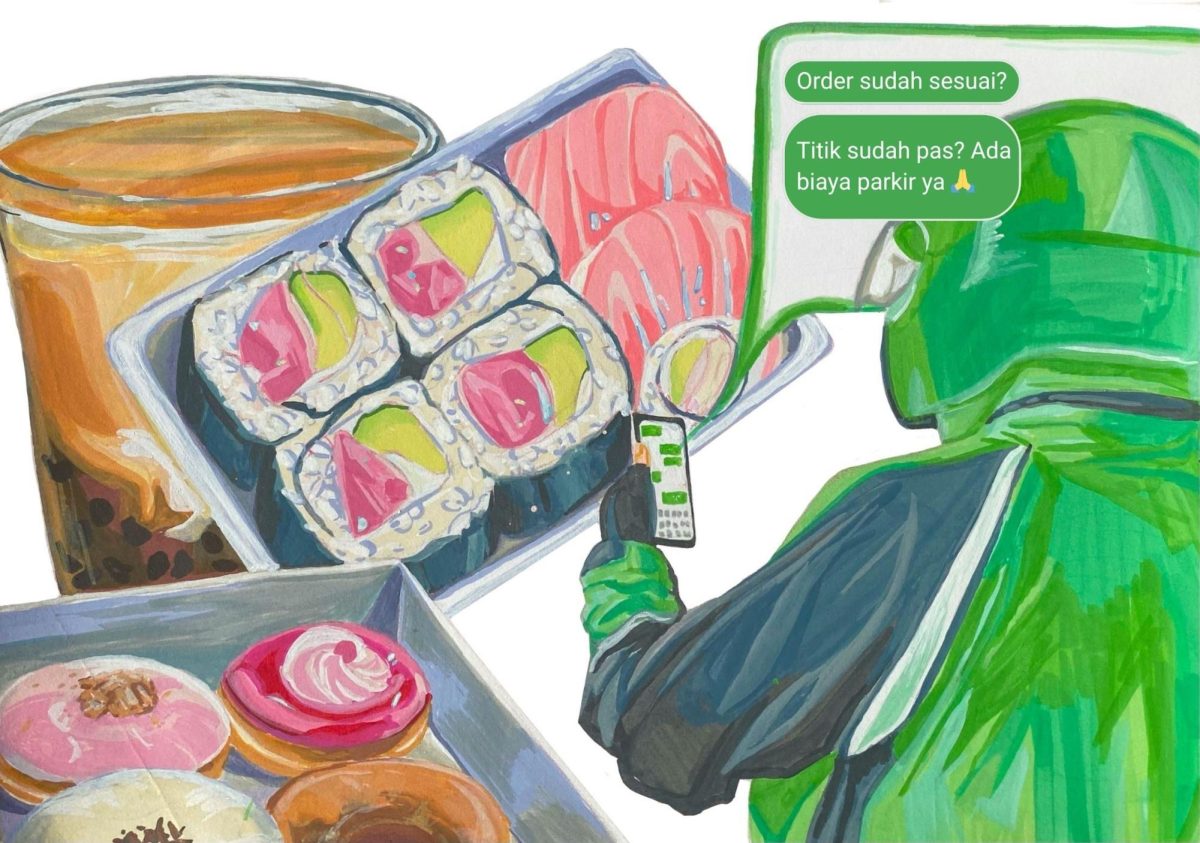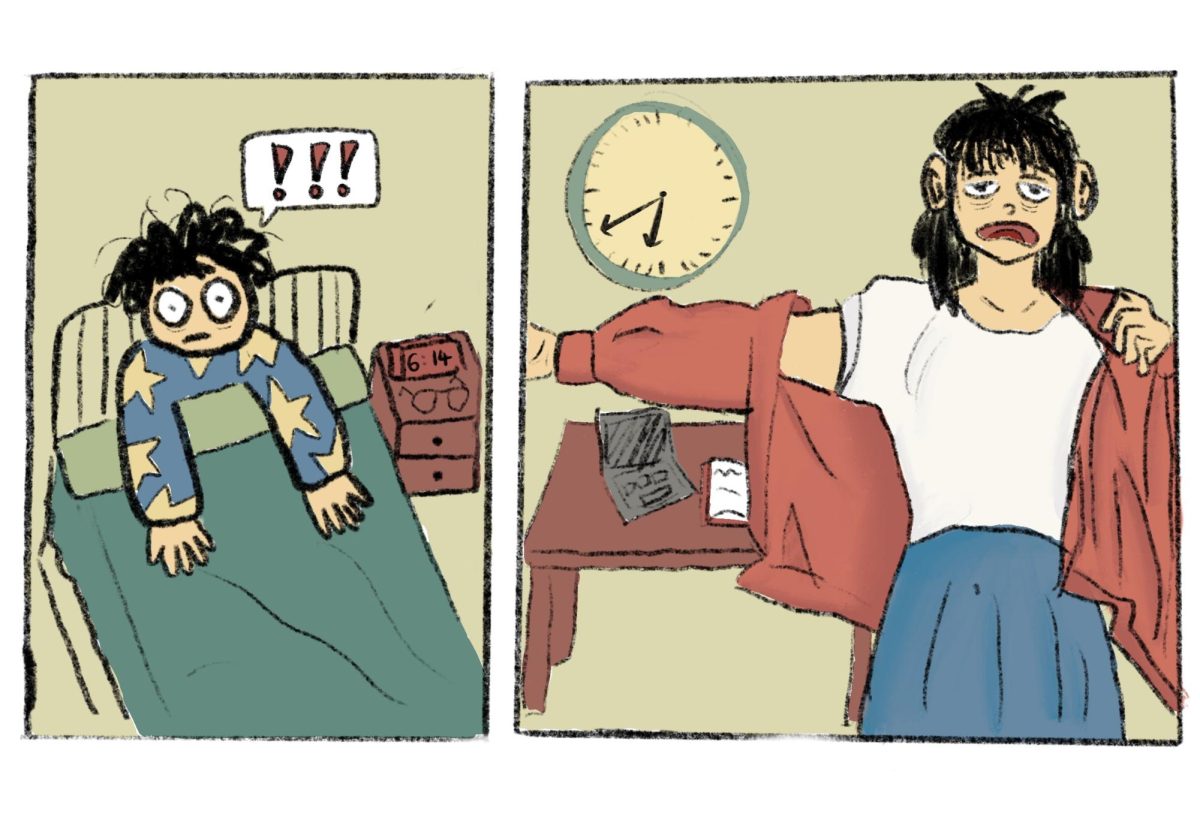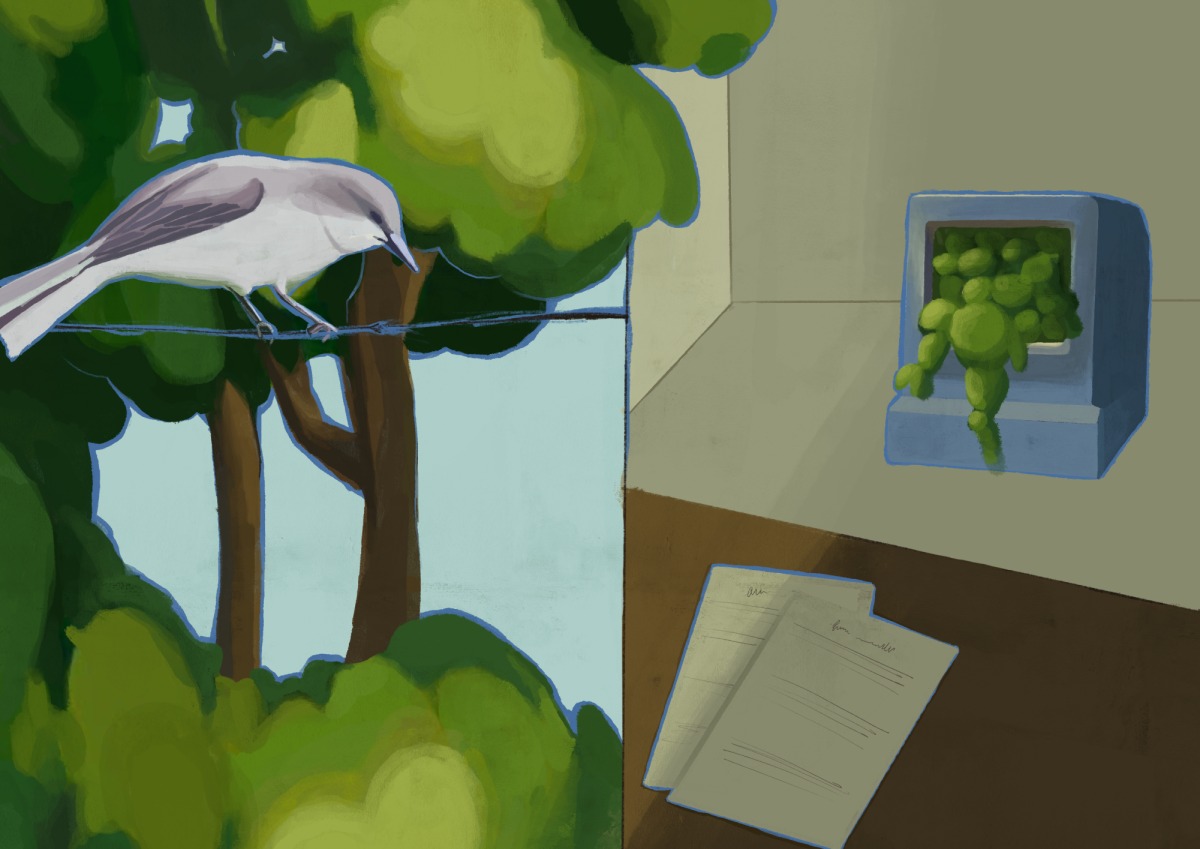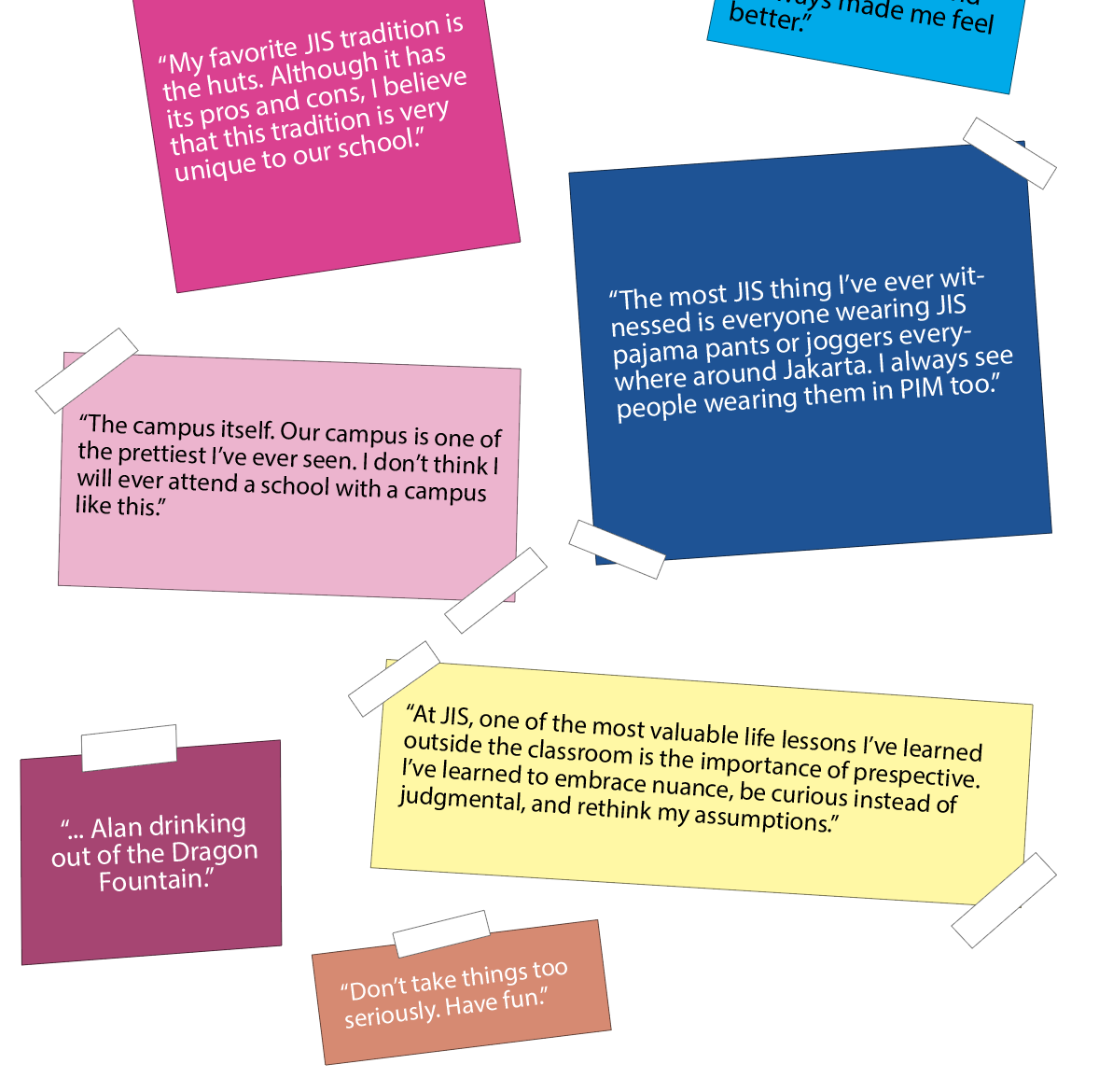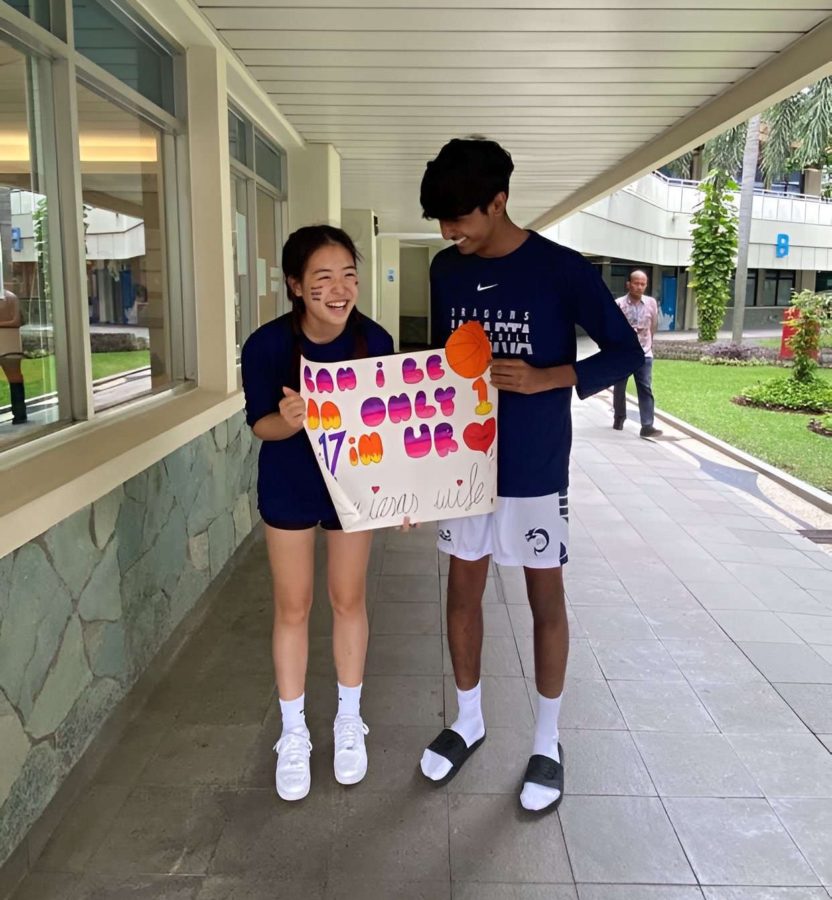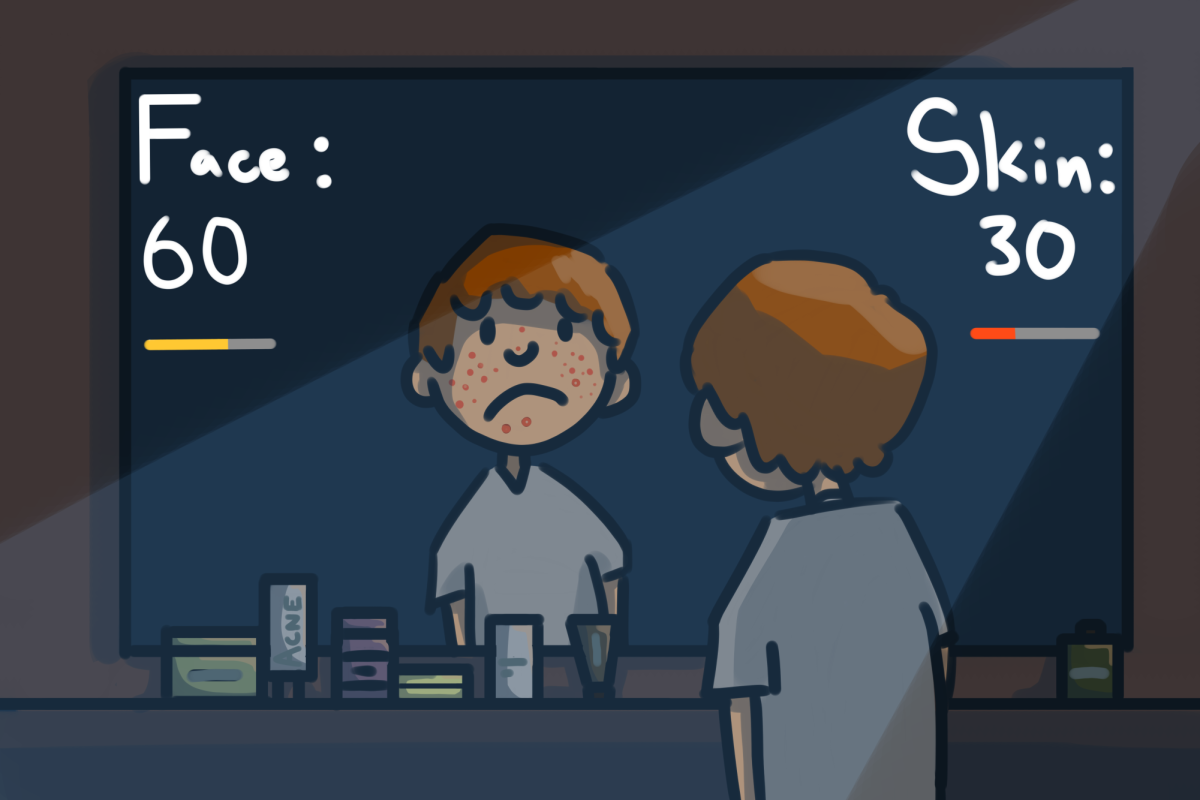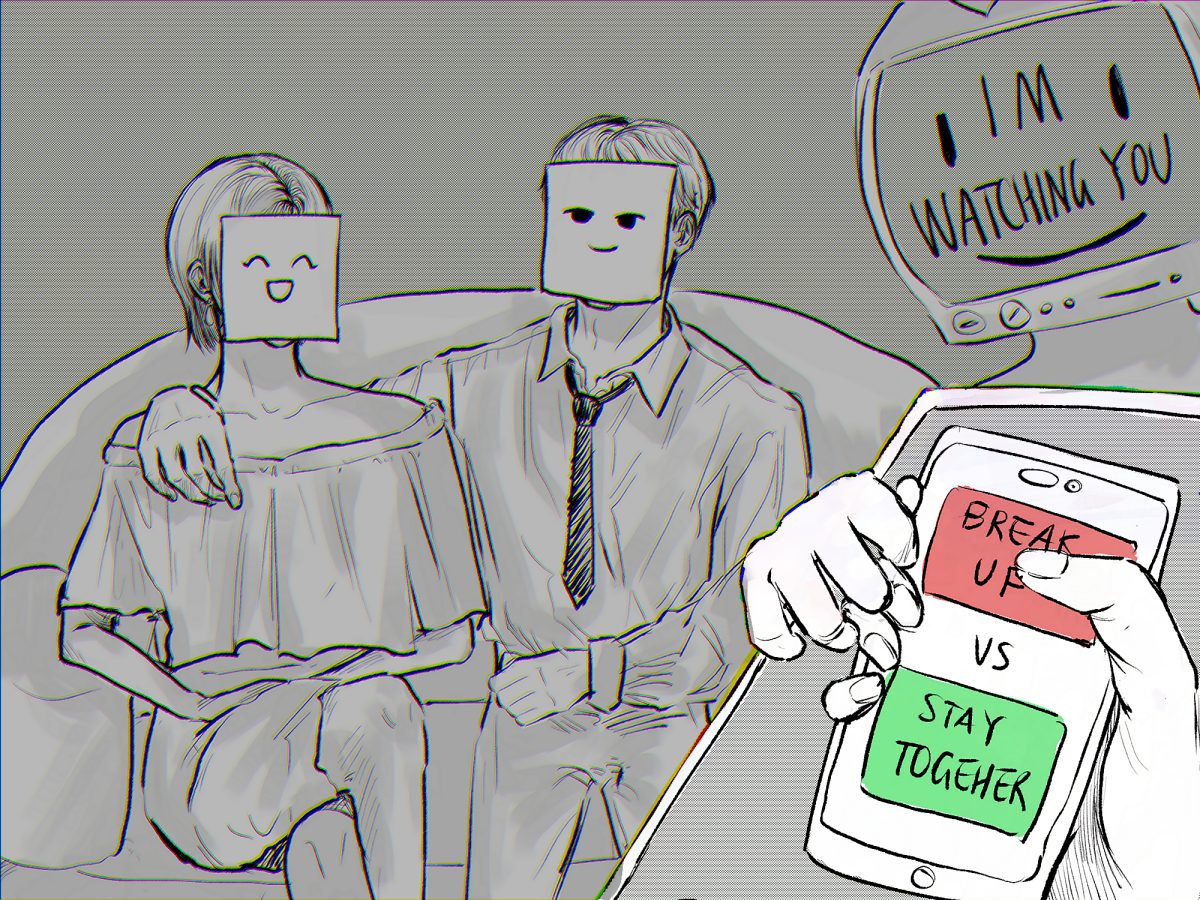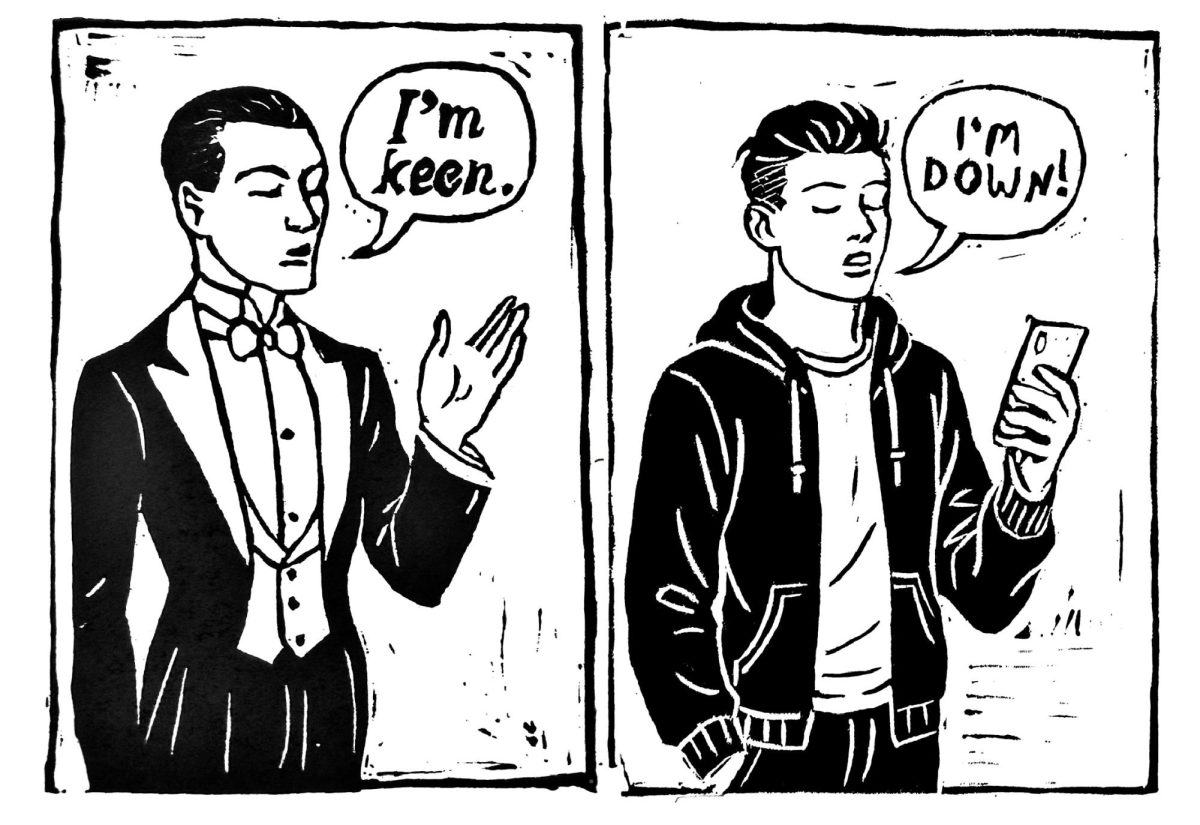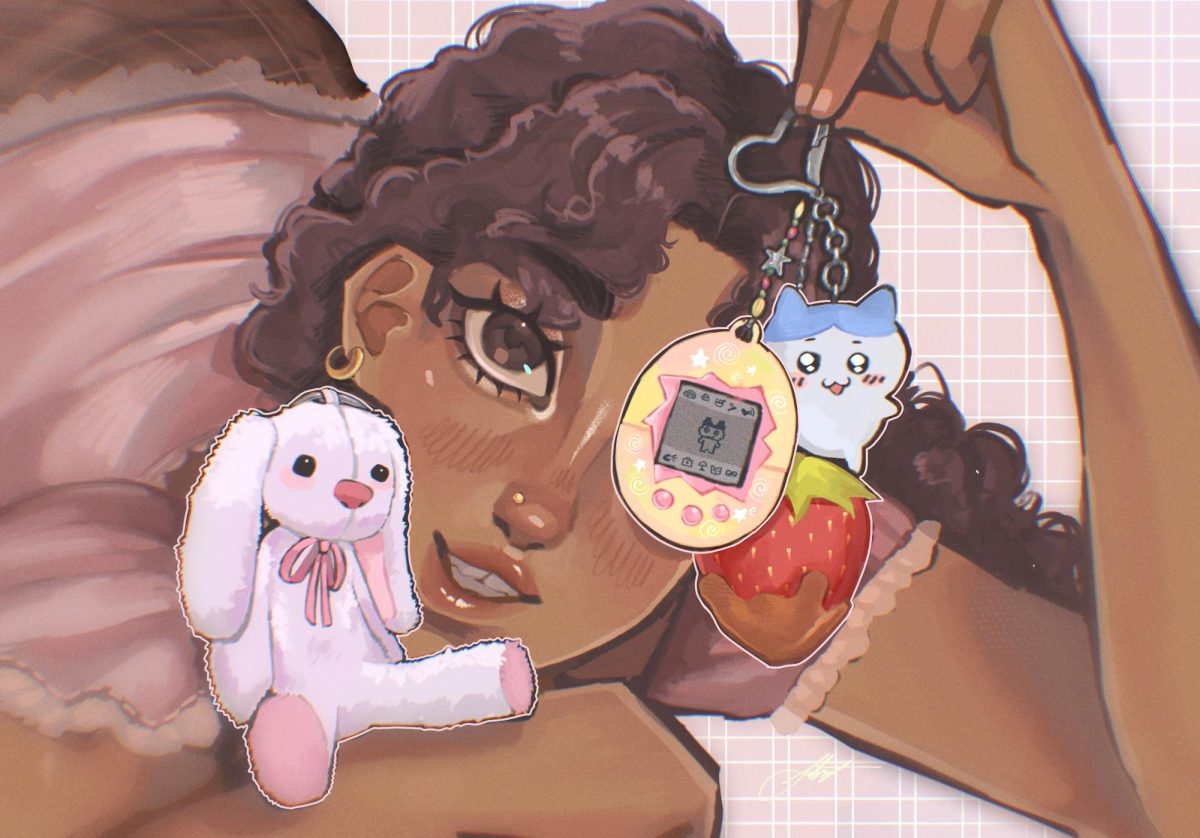Social media apps have become a constant in our daily lives. We use it for entertainment, education, and most frequently communication. This convenience brought by digital media bears both positive and negatives to our real-life relation-
ships, bringing us closer together, while simultaneously leaving us feeling more distant than ever. With the increasing relevance and frequency of social posts, it is important to understand the impacts it has on our relationships before it controls them too.
When balancing rigorous course – work and various extracurricular activities, we often turn to one thing to keep us grounded: our friends. Social media posts and platforms allow us to communicate, freely express ourselves, and provide an outlet to indulge in entertainment during times when our friends are not present.
These platforms include Instagram, Snapchat, and TikTok which are frequently used within the school community to stay connected. We can keep our friends posted on our recent endeavors, allowing us to feel included and secure in our friendships even when we are physically distant.
“I feel like I’m not missing out on anything big if I catch up with whatever is on [my friends’] minds through their online posts,” one student wrote.
Additionally, sharing and consuming these posts also has the potential to strengthen our friendships beyond the digital screen. Approximately two- thirds of our student body feel that the online posts encourage them to participate in various social activities.
“Online posts provide a space where people can share their passions and activities, for which I could replicate with my group of friends,” wrote another student, highlighting how social media posts can strengthen and endorse connections between our friend groups through shared interests and activities.
Beyond influencing our friendships, social media platforms can be used as a time capsule for us to share our happiest moments through Instagram posts or online stories.
As school gets busier, there are many times where we all wish to escape reality and relive our most cherished moments with friends—and social media provides that sentimental value in a convenience.
“I want to have my memories posted [so I can] experience it all over again,” a student wrote.
However, while digital platforms can enhance our friendships, it is critical to understand that they can also mask honesty, distort reality, and bring negative feelings such as the Fear of Missing Out (FOMO).
FOMO is a psychological effect that occurs among adolescents who observe their friends engaging in activities they are not a part of.
Often viewed through the polished lens of social media, these online posts can trigger feelings of exclusion and the excessive comparison of one’s life and relationships to others.
As put by Neuroscience professor Aditya Sharma, “[FOMO] is associated to problematic social media usage and can be experienced as a range of negative feelings related to the need to belong.”
These emotions are bound to arise in situations when we see posts of our friends engaging in social activities without us, which may direct us to question the importance of our friendships and lead to feelings of distrust and betrayal.
On the contrary, face-to-face interactions, foster trust and authenticity in friendships that digital platforms are
unable to capture.
“[After all], we are physical-mental beings not digital-mental beings,” a student wrote. In-person communication allows us to pick up on body language, tone of voice, emotions, and small gestures that add meaning to conversations.
“Physical interactions provide a comfort in that the person is there with you, whereas digitally it cannot be 100% confirmed that their presence is [completely] there,” another student wrote. This highlights the warmth that comes with in person interactions.
When we are physically present with someone, we reflect commitment and attention in the moment.
Online conversations sometimes feel vague and disconnected. The lack of immediate accountability that comes with real life interactions can prompt people to say things they would not say in person—oftentimes through texts or the comment sections of a social media post. This also makes it easier for misunderstandings to arise, as tone and intent can be misinterpreted leaving a
negative impact on friendships.
“When it doesn’t feel like you are saying something to someone’s face, we tend to be more ignorant,” a student wrote.
Without the physical presence of another person, there is a diminished sense of responsibility and consideration. Many individuals express their inner thoughts or say things they would not say in person, as online interactions lack the immediate emotional reactions of the other person. When we don’t face the consequences of our words, we are more likely to spread hurtful sentiments.
Consistent social media use bears both positives and negatives as it can bring comfort and stability but also anxiety and uncertainty to our friendships. Ultimately, it is critical to have self control and find balance in why and how we decide to use these platforms.
With the increasing dependency on social media, navigating our friendships and feelings can seem confusing and and overwhelming at times. While there is no universal handbook on navigating the intersection between online and offline friendships, the first step should be to understand that our friendships are beyond what is posted
on social media.
By taking control of how these posts affect us, we may find that our connections remain stable, even when our relationships are kept as exclusively ours.

